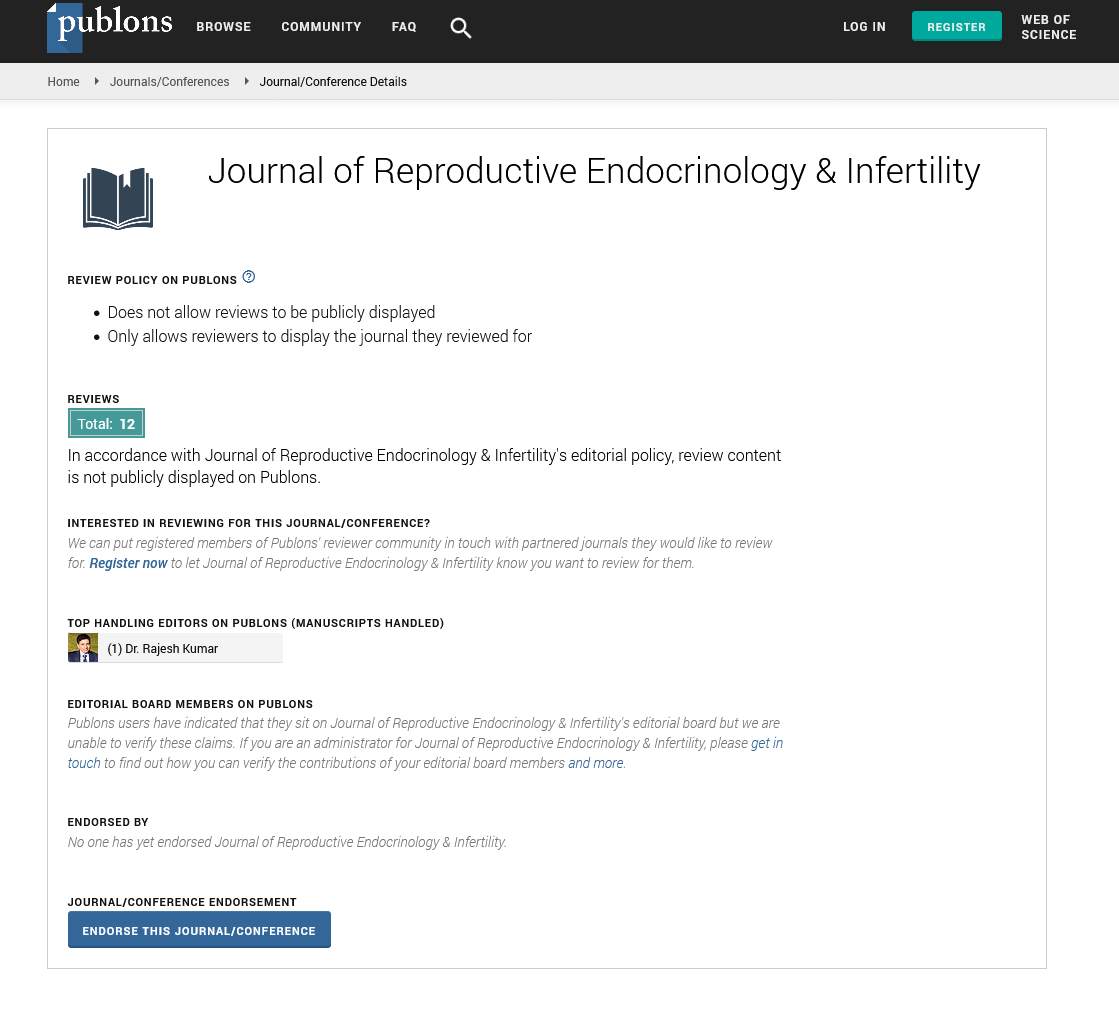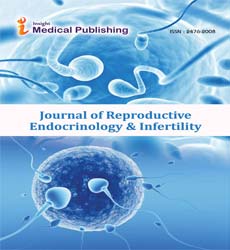Abstract
Impact of Crude Oil-induced Oxidative Stress and Lipid Peroxidation on Spermatogenesis: The Anti-Oxidative Role of Ageratum conyzoides
The ameliorative potentials of Ageratum conyzoides against crude oil-induced testicular oxidative stress were investigated. Forty male wistar rats (119-128 g body weight) were divided into eight groups of five rats each. The rats in group I served as the control and were oral gavaged 3 mL/kg of normal saline; groups II-IV gavaged 374.17 mg/kg, 748.33 mg/kg and 1122.50 mg/kg body weight of the extract of A. conyzoides respectively, which were calculated as 10%, 20% and 30% of the LD50 (3741.66 mg/kg) respectively. Group V was gavaged 3 mL/kg body weight of Nigerian Bonnylight crude oil (NBLCO) being 20% of the lethal dose of 14.14 ml/kg. Groups VI-VIII animals were administered the aforementioned doses of the extract of A. conyzoides, and 3 mL/kg body weight of NBLCO respectively for 31 days according to animal’s most recent body weight. The results showed that NBLCO significantly reduce super oxide dismutase (SOD) with respect to groups I-IV (P<0.05), but co-administration of A. conyzoides extract to groups VIVIII significantly raise SOD level (p<0.05). On the other hand, NBLCO significantly increase catalase and malondialdehyde levels with respect to groups I-IV (p<0.05); the co-administration of A. conyzoides with NBLCO significantly reduced the aforementioned parameters dose-dependently when compared with NBLCO group (p<0.05). It is concluded that NBLCO administration precipitated testicular oxidative stress which co-administration of Ageratum conyzoides has confirmed in this study to show some therapeutic potentials to ameliorate this pathology.
Author(s):
Ita SO*, Effiong EF, Okon MS, Robert AS and Francis UE
Abstract | Full-Text | PDF
Share this

Google scholar citation report
Citations : 43
Journal of Reproductive Endocrinology & Infertility peer review process verified at publons
Abstracted/Indexed in
- Google Scholar
- Sherpa Romeo
- China National Knowledge Infrastructure (CNKI)
- Publons
- International Committee of Medical Journal Editors (ICMJE)
- Secret Search Engine Labs
Open Access Journals
- Aquaculture & Veterinary Science
- Chemistry & Chemical Sciences
- Clinical Sciences
- Engineering
- General Science
- Genetics & Molecular Biology
- Health Care & Nursing
- Immunology & Microbiology
- Materials Science
- Mathematics & Physics
- Medical Sciences
- Neurology & Psychiatry
- Oncology & Cancer Science
- Pharmaceutical Sciences


